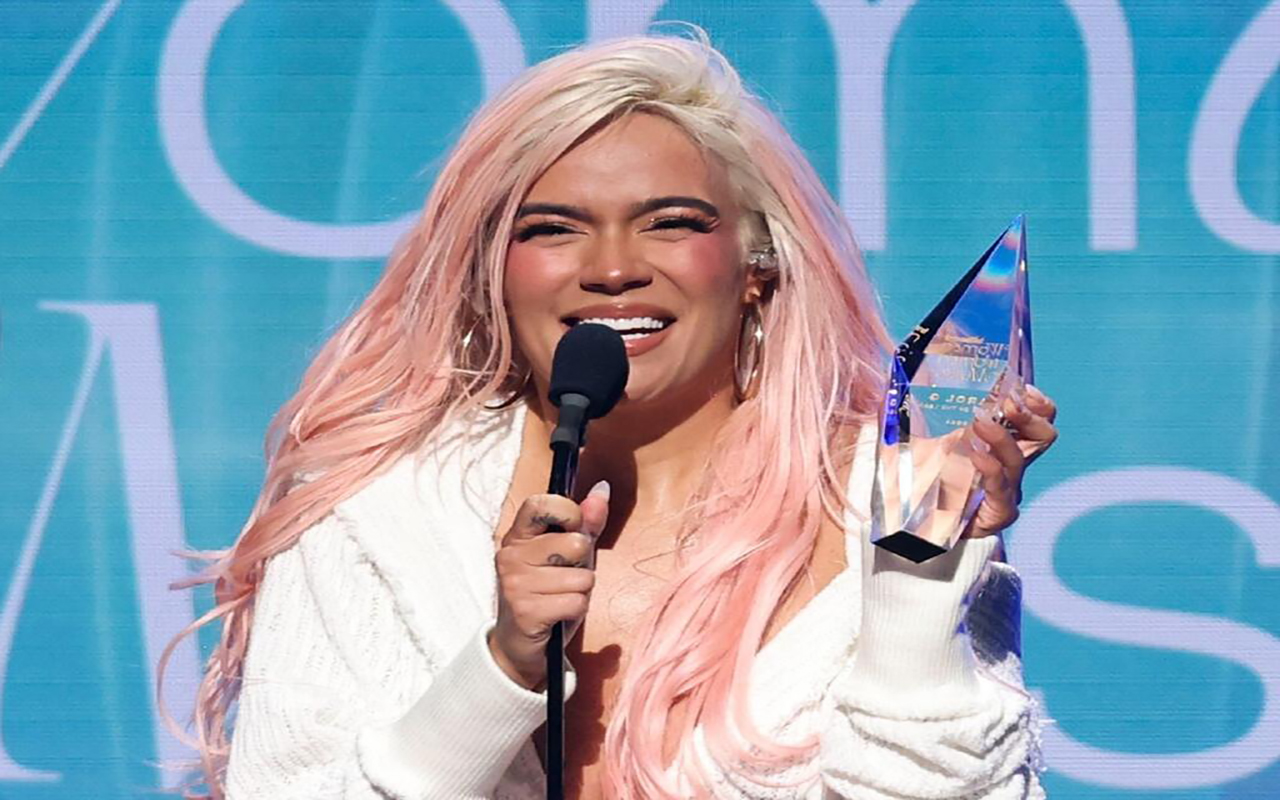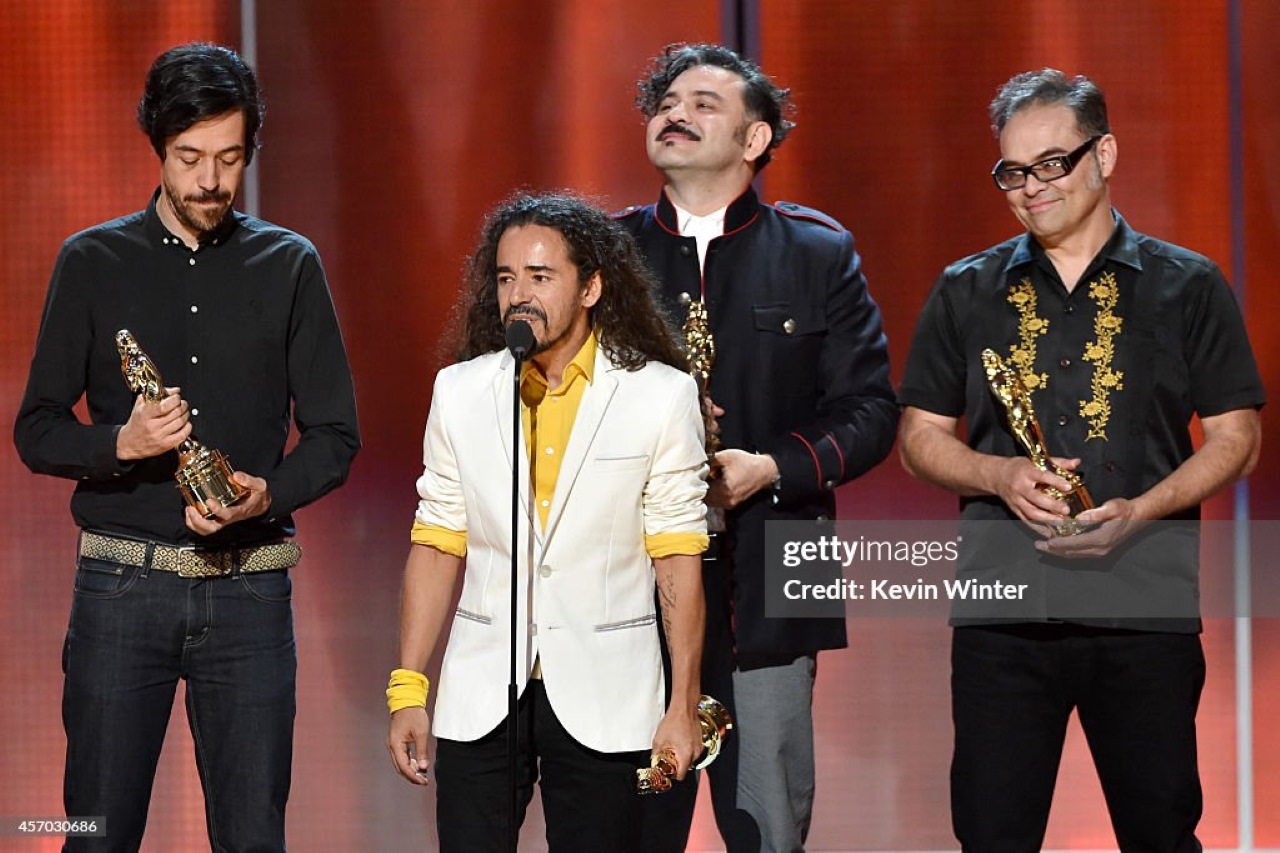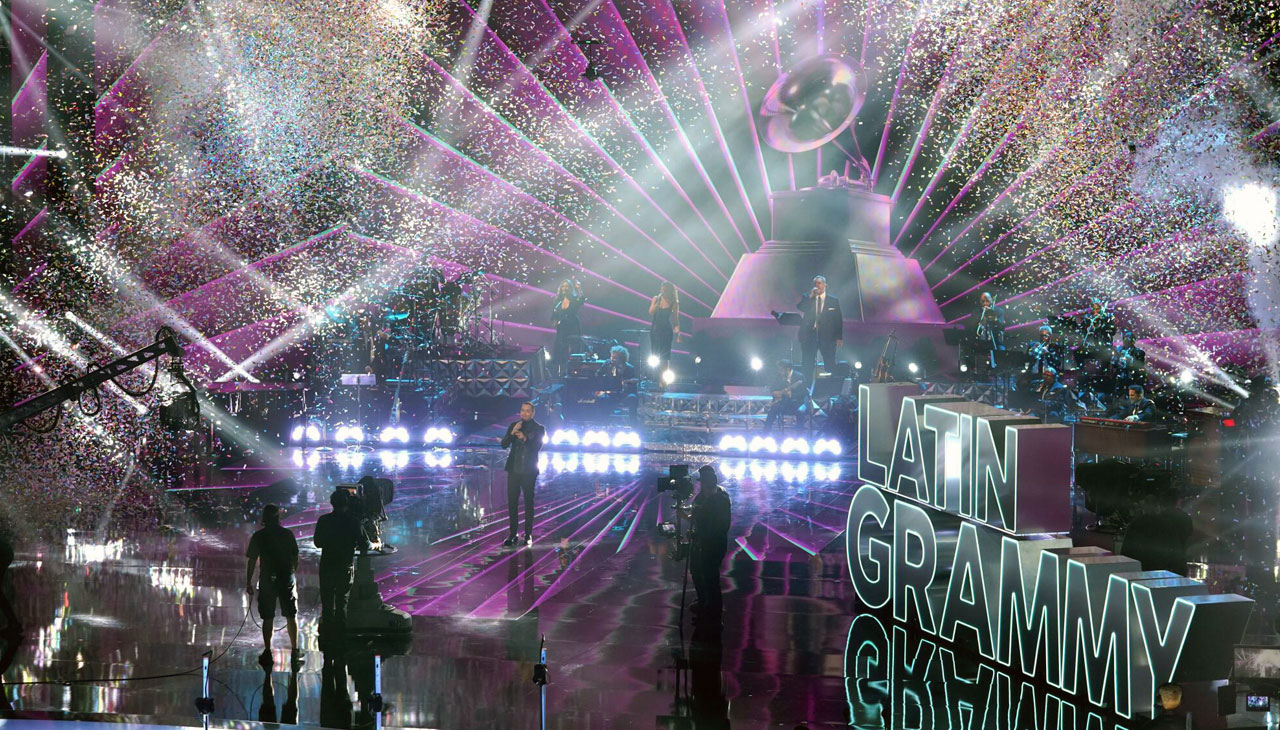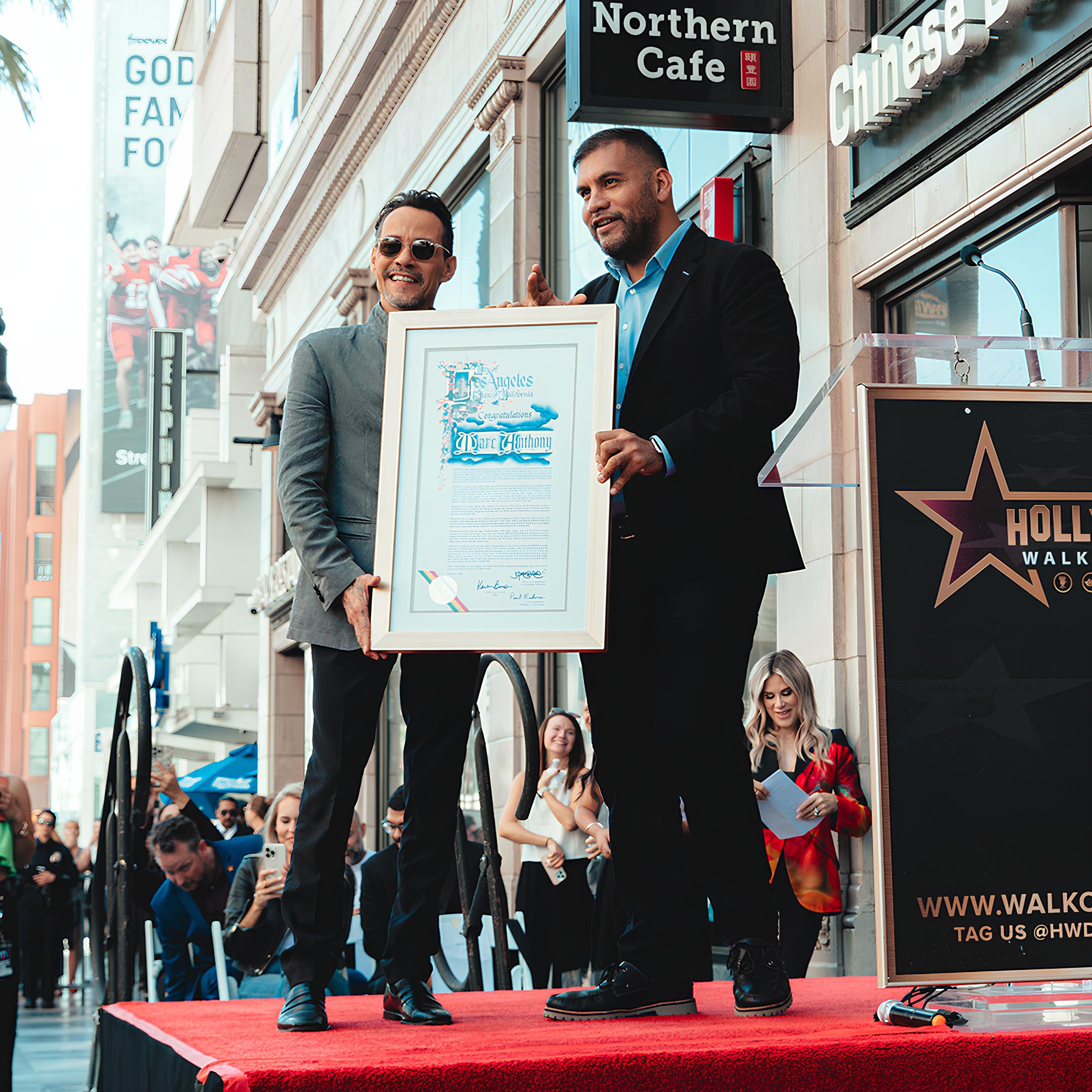
A Latin Grammys without Reggaeton? Yes, please!
The crème de la crème of urban artists have launched a campaign criticizing the selection of nominees of the Latin Recording Academy for the lack of…
After years of dominating the international music scene, artists such as Nicky Jam, Karol G and J Balvin have faced the risk of change.
“Without reggaeton there is no Latin Grammy,” says an image that has gone viral after being published by several urban artists criticizing the lack of presence of the genre in the final list of nominees for the twentieth edition of the Latin Grammy Awards, set to take place Nov. 14 at the MGM Grand Garden Arena in Las Vegas.
The artists have decided to criticize the event sponsored by Univisión for not having nominated them in any of the major categories. Despite appearing on the lists of urban music, performers such as Daddy Yankee are nominated only in categories such as Best Urban Fusion/Performance or Best Urban Music Album, but not on the main lists, such as Song of the Year or Album of the Year.
J Balvin argued the social media campaign was "for the culture and movement," in his post on Instagram.
Daddy Yankee, on the other hand, said he disagreed with the way they "treated the genre," and that he added to the criticism for reasons related to "culture, credibility, relevance, and respect."
Reggaeton’s big names seem to have forgotten that Latin American music is anything but monolithic.
Since the monopolization of the streaming industry, urban Latin music has managed to position itself at the forefront of trends without suffering any major setbacks in recent years.
During 2017 alone, "45 of the 100 most-watched videos worldwide were made by Latin artists," Rolling Stone reported. That number exceeded 50 a year later.
This is partly due to the influence of playlists in music marketing, where despite the diversity - from “Baila Reggaetón” to “Café Con Leche” - the positioning is curiously the same.
“Reggaetón as a rhythm should thank its parents and their musical grandparents who are Latin American folk music,” said Colombian producer and musician Juancho Sargento through Instagram, reflecting on the musical diversity that was showcased in the award nominations this time around.
Artists such as Andrés Calamaro, Vicente García and Alejandro Sanz dominate the category of album of the year, as well as Paula Arenas, Rubén Blades, and Ximena Sariñana, who are nominated for best album of the year.
RELATED CONTENT
Yes, there is no reggaeton among them. And it was about time.
For some time now, we have dedicated our Top 5 Hispanic Artists in AL DÍA toy recognize musicians such as Babasónicos, Bándalos Chinos, Mon Laferte, Nella and Andrés Cepeda, whose voices are usually overshadowed by the mega-industry of reggaetón, a movement and a "culture" that seems not to be aware of the strength of its own platform.
"Let's use all that energy, all that power that the industry - you - have, to convey what is happening, this positive phenomenon for music," Sargento reflects.
Something that few people realize is the liaison between mega-events such as the Latin Grammys and the monopoly of record labels.
In this year's list of nominees, for example, 80% of the strongest categories are controlled by productions by Sony, Universal and Warner, which requires independent artists and small music houses to make double the effort to reach a platform as powerful as this one.
Even when the voting is closed and the committees strictly follow the process, there is much open ground for speculation.
Perhaps the mistake has also been on the part of the media: all the weight of music marketing and decision making has been left in the hands of such events, where many confuse a small group’s opinion with the universal appreciation of music as a language and invaluable expression of the vastness and depths of culture and human experience.











LEAVE A COMMENT:
Join the discussion! Leave a comment.